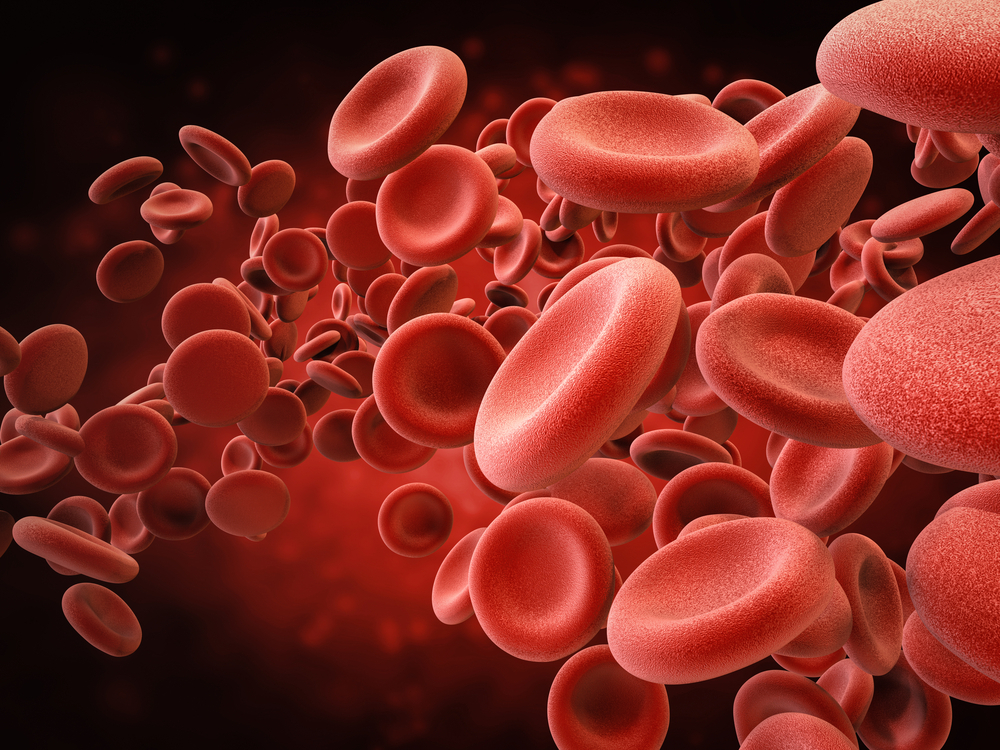Inflammation Not a Hallmark of Fragile X, Study Suggests
Written by |

Low levels of pro-inflammatory proteins in the blood suggest that inflammation is not a hallmark of fragile X syndrome, according to a new study.
The findings also indicated that assessing the levels of 16 proteins may be useful for diagnosing, classifying, and monitoring fragile X progression.
The study, “Reduced serum levels of pro-inflammatory chemokines in fragile X syndrome,” was published in the journal BMC Neurology.
Fragile X is caused by mutations that turn off the FMR1 gene. That stops the production of the fragile X mental retardation 1 protein (FMRP) that plays an important role in nerve cell communication and the production of other proteins.
Beyond neurological complications, studies have found abnormal metabolic processes in people with fragile X. However, research to identify possible malfunctions in the immune system is limited.
One method to measure immune function is to test for the levels of specific proteins in the blood — called biomarkers — that are secreted by cells as signalling molecules to regulate processes such as inflammation.
Immune signalling proteins that regulate the activation and function of all types of immune cells are known as cytokines. A subclass of cytokines that attract immune cells to inflammatory sites — a process known as chemotaxis — are called chemokines.
To assess immune function in people with fragile X, investigators at the University Hospital of Antwerp, in Belgium, collaborated with colleagues at the Institut de Pharmacologie Moléculaire et Cellulaire, in France. The team tested the levels of 52 immune-related biomarkers in blood samples from 25 children with fragile X, ages 6 to 17. Among the patients were 20 boys and five girls. Blood samples from 29 healthy children (controls), which included 24 boys and five girls, ages 5 to 19, also were tested.
While most biomarkers were at similar levels in patients and controls, nine chemokines were significantly decreased in people with fragile X, the analysis revealed. That suggested “dysregulation of at least a subset of specific pro-inflammatory chemokines could contribute to FXS [fragile X synxrome],” the investigators wrote.
A comparison of just the male participants found that seven of these nine chemokines were again significantly reduced in the fragile X group compared with controls. According to the scientists, those results suggested that sex had little impact on chemokine levels even though the study included a small number of girls.
Further analysis found that participants with low levels of six chemokines — CCL2, CCL3, CCL11, CCL22, CCL26, and CXCL10 — had increased odds of a fragile X diagnosis. Five of these chemokines remained significantly associated with fragile X diagnosis in males only; only CCL3 did not, the study showed.
The chemokines identified were mostly involved in attracting immune cells to sites of inflammation. However, they also were implicated in responses to bacterial or viral infections, as well as to toxic substances.
Given that the tests measured the levels of individual biomarkers, the team then conducted a special statistical analysis to determine if combinations of biomarkers could discriminate between fragile X patients and healthy people.
When used together, a total of 16 biomarkers — including both cytokines and chemokines — distinguised between people with the condition and those without. In addition, the levels of some of these biomarkers were linked in fragile X patients.
“The dysregulated immune markers are pro-inflammatory chemokines which are reduced, suggesting that inflammation is not a hallmark of FXS,” the scientists wrote.
“Further studies are required to decipher the possible role played by immune molecules, and in particular chemokines, in the [disease processes] of FXS and other neurodevelopmental disorders,” they added.





